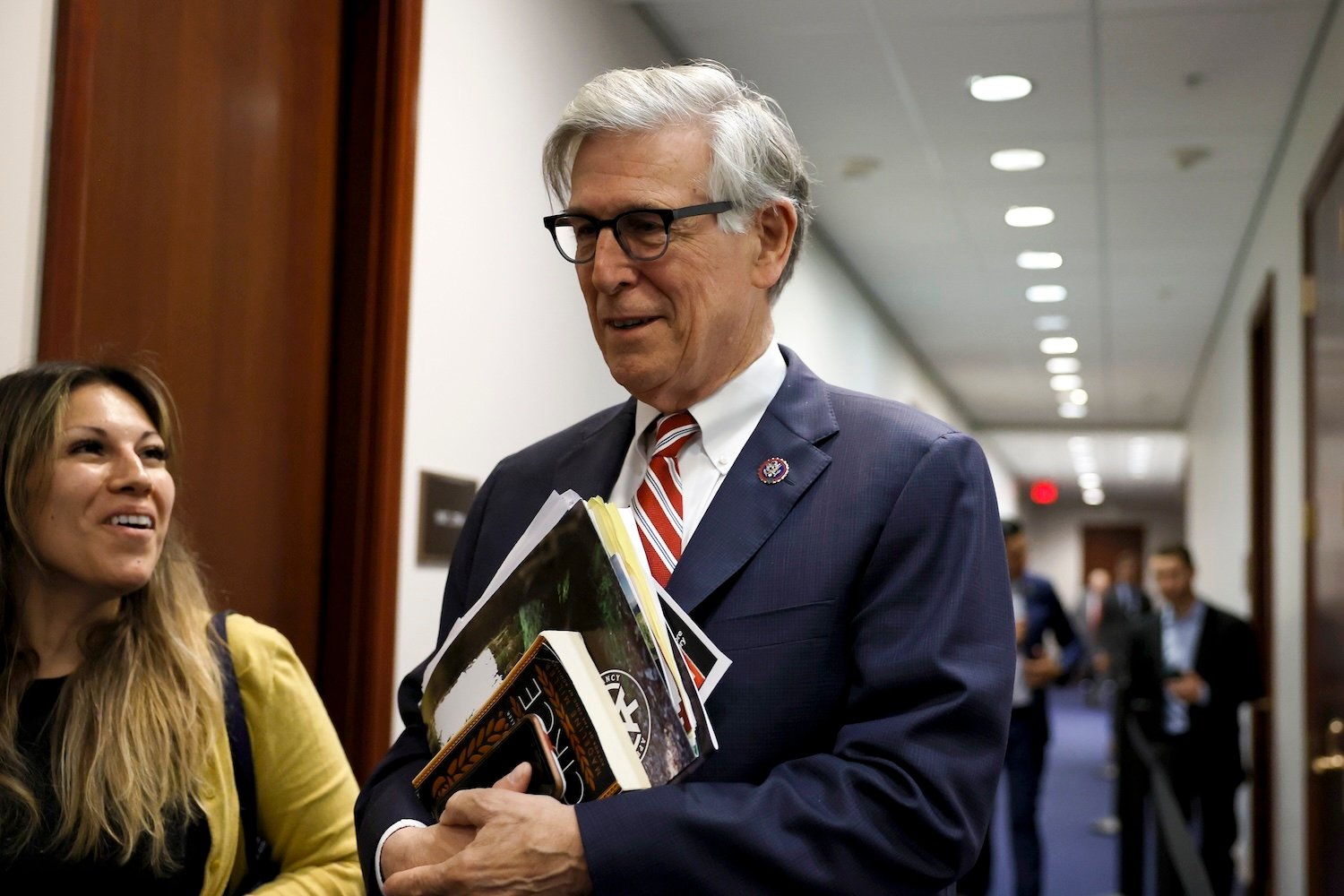Imagine attempting to run for Congress as an independent in a predominantly Democratic district where the incumbent refuses to share the debate stage with you. What options do you have to make your voice heard? Bentley Hensel is doing just that in Virginia’s 8th congressional district, leveraging innovative technology to showcase his platform against Don Beyer, a seasoned incumbent. This article explores Hensel’s groundbreaking use of generative AI, insights from legal experts, and the implications of such technology in political campaigns.
Innovative Campaign Techniques
In an age where traditional campaigning can fall short against established incumbents, candidates like Bentley Hensel are turning to modern solutions. One option is running social media ads or creating engaging YouTube videos, but Hensel has taken a bold step further by employing a generative AI tool known as DonBot. Trained on an array of public comments and materials from his opponent, this AI aims to simulate a debate experience for voters who won’t see a traditional face-off.
The Role of AI in Political Discourse
The use of generative AI in his campaign raises intriguing questions about authenticity and representation. As Hensel prepares to engage voters virtually, he relies on ChatGPT to emulate Beyer’s perspective. This method has its drawbacks; initial tests revealed inaccuracies in DonBot’s responses, highlighting the challenges of relying on AI for factual debate. However, with narrower data sets, the bot may avoid the rampant misinformation often associated with such technologies.

Legal and Ethical Considerations
The rising trend of using AI in political campaigns also raises important legal questions. Legal experts indicate that while Hensel’s approach is likely permissible, transparency is critical. He must inform voters that they’re interacting with an AI rather than the real Don Beyer. The implications of this technique are significant, especially as older voters may have difficulty distinguishing between an authentic candidate and a program designed to mimic one.
Regulatory Landscape
As generative AI technology becomes more prevalent, more than 26 states have begun to regulate its use in political communications, with some even banning deepfake technologies outright. However, federal regulations remain mostly stagnant, leaving a patchwork of laws that may complicate matters in the future. This lack of uniformity can lead to confusion and misinformation during elections, underscoring the necessity for clear guidelines.

Ultimately, Bentley Hensel’s innovative approach to engaging voters through AI could redefine political campaigning in significant ways. The power of technology in politics is undeniable, but it also invites scrutiny and fosters discussion on ethical practices and voter understanding. As we move forward, how do you see AI shaping future political landscapes?
Discover more from Marki Mugan
Subscribe to get the latest posts sent to your email.









